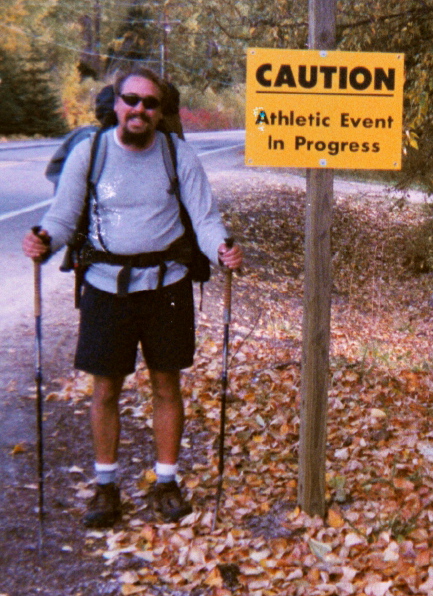Though the new and increased fees still account for a small part of the agencies’ overall budgets, they have riled elected officials and environmental and recreation groups across the West. The critics complain that there has been insufficient public involvement in the changes — imposed at hundreds of locations over the past three years or so — and suggest that they reflect a significant shift in federal policy to a market-based approach from one of managing sites for public benefit.
Unlike the National Park Service, which has routinely charged admission and other fees at its parks, the Forest Service, Bureau of Land Management and other federal agencies have historically been less aggressive in imposing such assessments.
“Our government wants to charge us $5 or $10 to go for a walk in the woods — our woods,” said Kitty Benzar of the Western Slope No-Fee Coalition, in Durango, Colo. “We don’t think it’s right.”
Senator Max Baucus, Democrat of Montana, has introduced a bill that would repeal the authority of the Forest Service and other agencies to raise or institute many of the fees.
“The authority given land managers is being abused,” Mr. Baucus said. “They are using it to pad their budgets at the expense of the public. I think it’s just wrong.”
The Republicans added a provision in a large appropriations bill with no debate on the subject.
The 1965 rules were repealed in late 1996 by the Recreational Fee Demonstration Program that came to be known as Fee Demo. Originally limited to a 2-year experiment at no more than 100 sites, Fee Demo was repeatedly expanded and extended, but met increasing public resistance. By 2004, there was so much opposition to Fee Demo that another extension was unlikely to pass, and the program was set to expire. Instead, Representative Ralph Regula (R-OH) attached the Federal Lands Recreation Enhancement Act to a must-pass omnibus appropriations bill, which went into effect on December 8, 2004.
FLREA, known to its detractors as the Recreation Access Tax, or RAT, replaced Fee Demo with a permanent fee program. It was never debated on the floor of the House and was not even introduced in the Senate. Under FLREA, access fees have multiplied, visitation has declined, recreational facilities that cannot pay their own way in fees have been closed, and fee revenue has replaced public funds at the local level.
"Recreation user fees were originally sold as a way for the agencies to raise supplemental funds to address their backlogged maintenance," according to Benzar. "Instead, fee revenue was used for day-to-day operations and to build facilities that have only added to long-term maintenance needs. And now we are facing thousands of site closures and being told they are necessary because there is still no money for the backlog."
I'm sure they would like to privatize all public land. Wild Wilderness has more info and a blog on the issue.



No comments:
Post a Comment